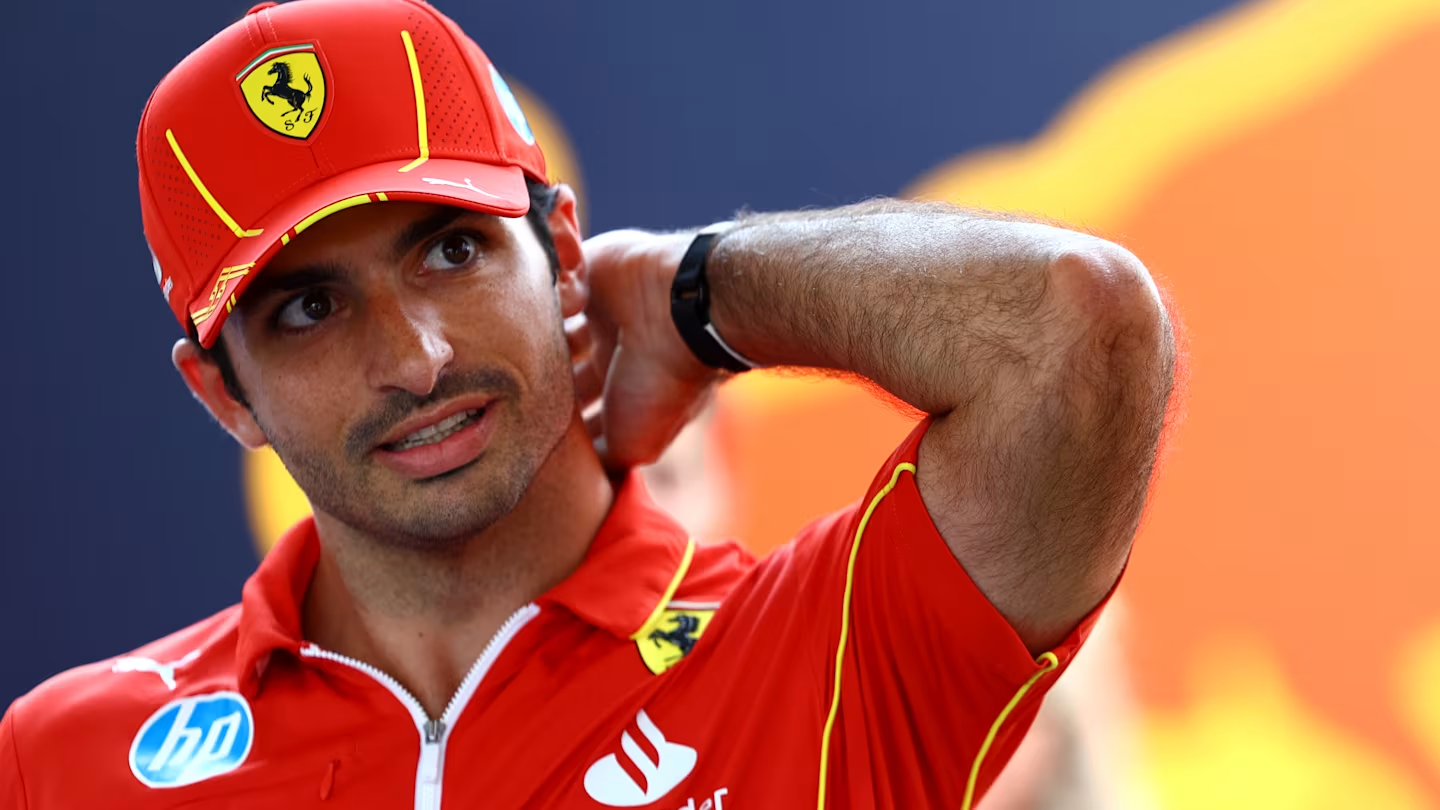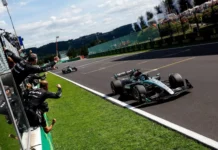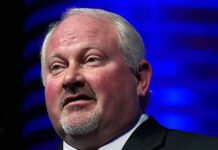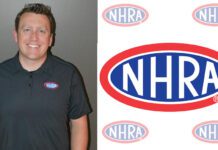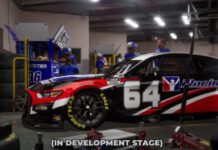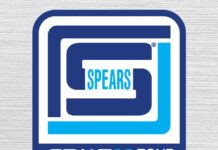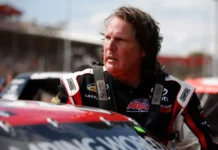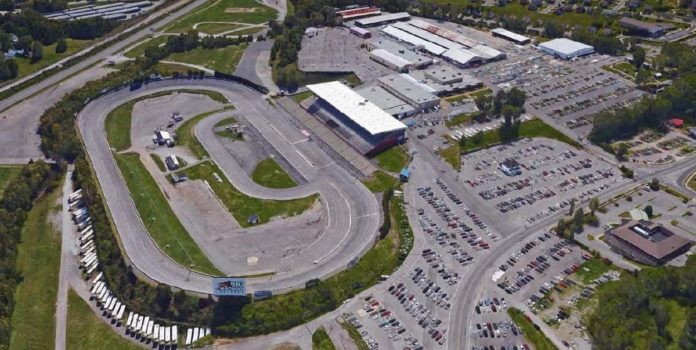Nashville’s Board of Fair Commissioners raised concerns Tuesday night about not having enough details on Bristol Motor Speedway’s plans to renovate and operate historic Fairgrounds Speedway.
There were many questions throughout the four-hour session, which included more than 75 minutes of public comment. Questions ranged from sound and traffic worries for local residents to costs and benefits of having NASCAR’s premier series potentially return to the track for the first time since 1984.
Speedway Motorsports, through Bristol Motor Speedway, is working on a deal with the city of Nashville to lease, manage and operate Fairgrounds Speedway. As part of the deal, Speedway Motorsports would pay $1 million a year and assume financial responsibility for renovations and maintenance of the track. That is subject to approval by the Board of Fair Commissioners and also the Metropolitan Council.
Speedway Motorsports has a letter of intent with the city to finalize the agreement before July 31.
Jerry Caldwell, general manager of Bristol Motor Speedway, gave a presentation Tuesday and took questions from the commissioners throughout the evening.
Caldwell stated how the track’s renovation could benefit all groups.
“If you’re a fan or participant, this allows your race track to be restored and modernized,” Caldwell said. “It creates a safer venue for participants and spectators with far more amenities.
“If you’re just a concerned citizen that may not care about racing, this still restores and modernizes a historic national venue. It creates a more user-friendly venue for the community and that fairgrounds property, addresses much-needed sound mitigation issues with a sound wall, creates certainty of events, fewer days with cars on the race track and it brings an organization to the table that has a history of working with the community to put on world class events.”
Among details Caldwell shared:
- The deal with the city is for 10 years with four five-year renewal options, making it up to a 30-year lease.
- A curfew of 10 p.m. for racing events and 11 p.m. for NASCAR events.
- How sound would be mitigated. Caldwell showed conceptual renderings that had a 20-foot wall stretch from the middle of Turn 1 continuously through the middle of Turn 3 on the 0.596-mile speedway.
- Conceptual renderings also showed a tunnel added underneath Turn 3.
- A new main grandstand because of the layout of the adjoining property made a new one necessary.
The commissioners set up Tuesday’s session to allow for a public discussion on the project, followed by its regular meeting.
Commissioner Jason Bergeron, who has raised concerns about the timeline to complete a deal, questioned Caldwell extensively before the public offered comments and again during the regular meeting.
Among the details Bergeron sought was the cost of the renovations, stating it was his understanding that models being discussed for the facility ranged from $61-$95 million.
“There’s really as many levels as you want, it’s Nashville’s facility,” Caldwell said. “We have done some preliminary modeling with the engineers on what that is going to look like, but we’ve already started refining those numbers and those numbers are coming down.”
Caldwell said he and his group were working with the city’s design team on those plans. Those plans will impact costs.
Bergeron questioned Caldwell for more than 10 minutes before being reminded by Erin McAnally, chairperson of the board, that the section was set up for public comment.
“My concern is that, at the moment, we’re talking about a draft contract at the next meeting, which I think is completely unacceptable,” Bergeron said. “We have a lot of details that we need.”
McAnally said: “I agree, we need way more details. I’m concerned about June 8 (fair board meeting) as well, but I do want to make sure we hear from the people that showed up here.”
Those for the deal spoke for more than 30 minutes. Opponents, mostly residents who lived near the fairgrounds, spoke for about 40 minutes.
NASCAR Hall of Famer Darrell Waltrip was the first to speak, urging the deal be done.
“This is a golden opportunity,” he said. “This is a great opportunity for the speedway. This is a great opportunity for the fairgrounds. I don’t think it would be wise to ignore what SMI is bringing to the table.”
A number of residents who live near the fairgrounds expressed concerns.
“The thing that continues to be a reoccurring issue, and I’m going to echo what a couple of people said, is just a general lack of transparency,” one resident said. “On one hand, we hear this has been in the works for several years, but then when you ask specific questions, ‘It’s we don’t know. We don’t have that. We’ll figure it out later.’’’
Bergeron later made a motion that the board consider only a detailed proposal at the June 8 meeting to allow time for feedback.
During the discussion that followed, McAnally said: “I share a lot of your concerns Mr. Bergeron and all my fellow commissioners. We are working really hard to get answers to be able to present to you all and to the public. We’ve been asked to perform in this timeline. We’ve been transparent since the beginning, we think it’s really aggressive and it makes me, personally, very nervous, and you all know that.”
The commissioners defeated Bergeron’s motion 3-1.
Bergeron then resumed his questioning of Caldwell. During the session, Caldwell confirmed that a NASCAR weekend would be envisioned as a three-day event for the track. Bergeron raised questions about parking plans, naming rights for the speedway, NASCAR’s TV contract and also questioned Caldwell on the funding of Speedway Children’s Charities, which has a chapter at each track Speedway Motorsports operates.
At one point, this three-minute exchange took place between Bergeron and Caldwell:
Bergeron: I’m trying to understand the funding for the children’s charity. Is that funded through donations made at the track or does that have a dedicated revenue source coming from Bristol seeding that or both?
Caldwell: It’s both.
Bergeron: OK. Can you break that down a little further on each side?
Caldwell: Break it down?
Bergeron: Provide a little more color on each side of that.
Caldwell: We have a children’s charity at every one of our speedways …
Bergeron: Yes
Caldwell: … that we host events. When we’re having race events, we have staff that are out raising money for children so that we can help local organizations that are in that community. It’s a really important piece of what we do.
Bergeron: I’m trying to get down to that, the modeling a little bit. So you’ll have charities running a fundraiser on the site selling things to attendees that then all the proceeds go to charity, correct?
Caldwell: Correct
Bergeron: Does Bristol also just put in its own money that’s not coming from attendees into the charity?
Caldwell: Yes
Bergeron: How does that split usually work at other chapters. How much money is Bristol bringing to the table, if you can give me any examples.
Caldwell: I can’t answer that off the top of my head. I would have to guess, and I don’t want to do that.
Bergeron: I would love to get some more information on that, so that I could understand the breakdown on that.
Caldwell: Help me understand what you’re after there.
Bergeron: Well, I’m just trying to understand the model.
Caldwell: We are trying to raise money for children, what’s wrong with that?
Bergeron: I want to encourage Bristol …
Caldwell: We typically give away a million dollars a year in Bristol.
Bergeron: That’s great.
Caldwell: I’m not understanding why that is an issue.
Bergeron: I’m just curious how much of it comes from, you know, the fundraisers held on the site that attendees are being very generous in donating to and then also ensuring that Bristol is bringing money to the table itself from its revenues that it makes back to charity as well. I want it to be from both sides. That’s all I’m trying to get to. Does that …
Caldwell: OK. Alright.
Bergeron: I think you are telling it does. Like all the charities are not just funded by attendees at the races giving money out there. That’s all. Right?
Caldwell: Yeah. There are lots of events that we put on. We do lots of things to raise money for kids. Yes. We put money in.
Bergeron: OK. That’s all I was trying to get to. That’s it. I’m just trying to make sure it was from both sides because I wanted to encourage that if it wasn’t the case. That’s all. I appreciate that.
Caldwell: OK. Thank you.
Bergeron: I don’t have any other questions right now.




